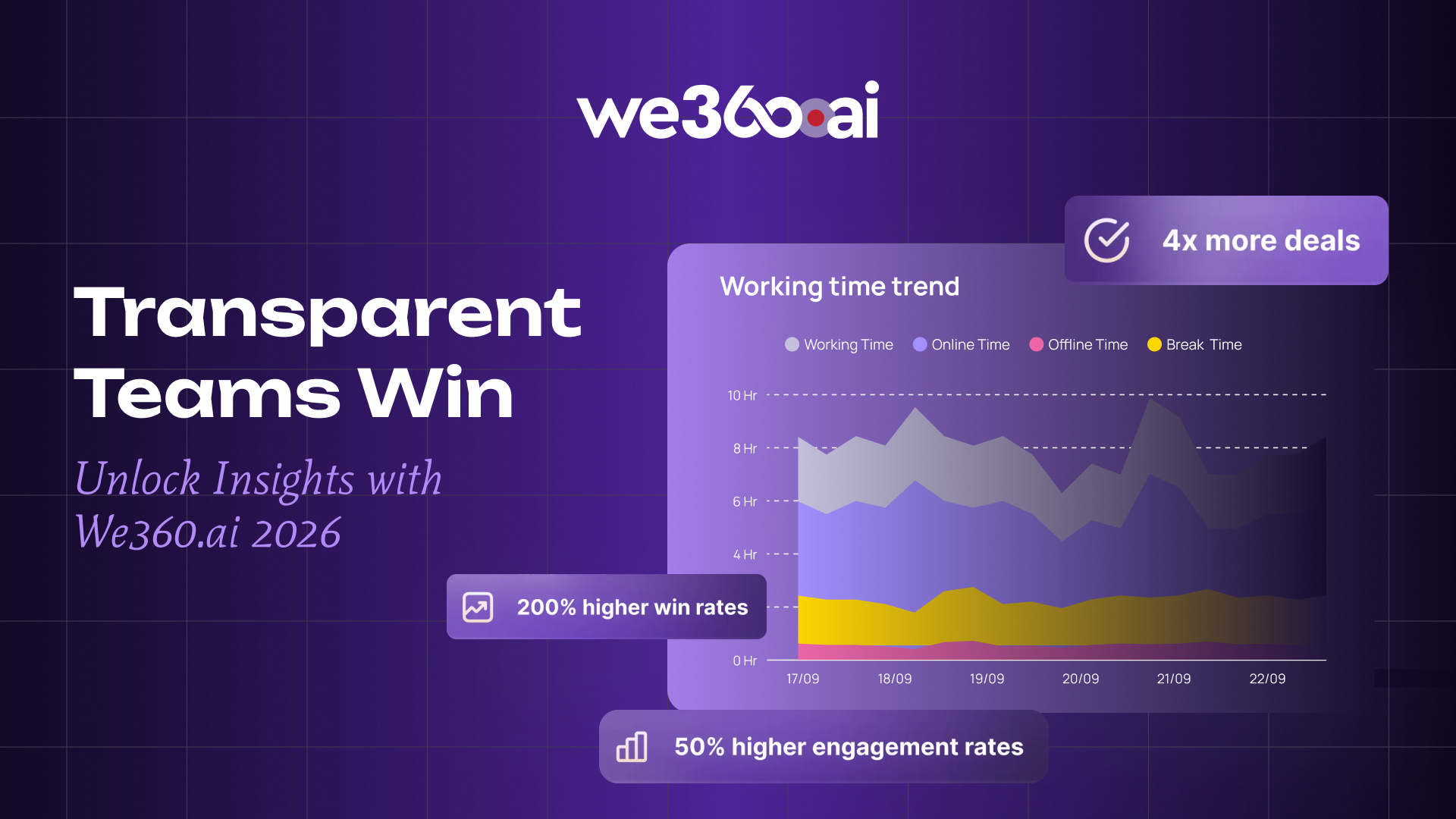The irony of HR is hard to ignore.
The very department tasked with keeping employees engaged, motivated, and recognized often finds itself overlooked. While HR professionals ensure that workplaces run smoothly, policies are fair, and conflicts are resolved, their contributions rarely make headlines inside the office.
As organizations evolve, HR has shifted from being just an administrative function to becoming a strategic partner in shaping culture and driving business success. Yet, despite this critical role, the question remains:
Is HR truly a thankless job, or is it simply misunderstood?
The Invisible Backbone of an Organization
The HR manager is responsible for ensuring, documenting, and reporting all manner of regulatory compliance. This includes streamlining the work environment, working hours and safety. They foster an environment of health, non-discrimination, and harassment, as well as fair labor practices, among others.
They manage responsibilities that employees don’t often see: compliance, policy enforcement, conflict resolution and balancing organizational goals with employee well-being.
Why HR Feels Like a Thankless Job
Unrecognized Efforts
Efforts by HRs usually go unnoticed. Successes are invisible, mistakes are magnified. Many tasks HR do not show up in reports, KPIs, or leadership meetings. However, they are seen in culture. The trust employees have in the organization, and in the quiet crises remediated before they escalate.
HR does beyond policies and payroll. It’s the emotional labor of holding pace for others and the unseen effort of making workplaces actually work.
The “Bad Cop” Role
HR often has to deliver hard news (terminations, policy enforcements). They work directly with the employees and have to convey higher management decisions, whether good or bad. Therefore, they are seen as “management’s side” rather than an employee advocate.
Emotional Labor
Constantly managing others’ problems, stress, and conflicts. In case an employee expresses concerns about work-life balance, HR people collaborate with management to deploy flexible policies or introduce wellness programs.
Key Statistics for Employees
Shifting Perceptions of HR in 2025
The narrative around HR is gradually changing. Once seen primarily as the “policy police” or administrative middlemen, HR professionals are now being recognized as culture builders, employee advocates, and strategic drivers of business growth. Still, recognition hasn’t fully caught up with reality, and the data reflects this gap.
- 49.4% of full-time US employees reported never receiving a “thank you” from a colleague or manager during the COVID-19 pandemic (HR Future). This shows how widespread the lack of acknowledgment is, even in times of heightened stress.
- In 2024, fewer than half of workers across industries like health, retail, hospitality, and manufacturing said they received recognition monthly (Performance Improvement). Yet, those who did reported higher engagement and belonging.
- 45% of employees feel fairly acknowledged regardless of being remote or on-site, but 16% feel less recognized when working remotely, highlighting how hybrid models can widen recognition gaps.
HR may often feel thankless, but it is indispensable
Recognition is steadily improving as more businesses acknowledge the strategic value of HR. What was once considered a behind-the-scenes function is now being seen as a critical driver of culture, retention, and long-term growth.
Final thought: HR has never been about applause; it’s about impact. The true reward lies not in external praise but in shaping people, strengthening organizations, and building workplaces where everyone can thrive.














